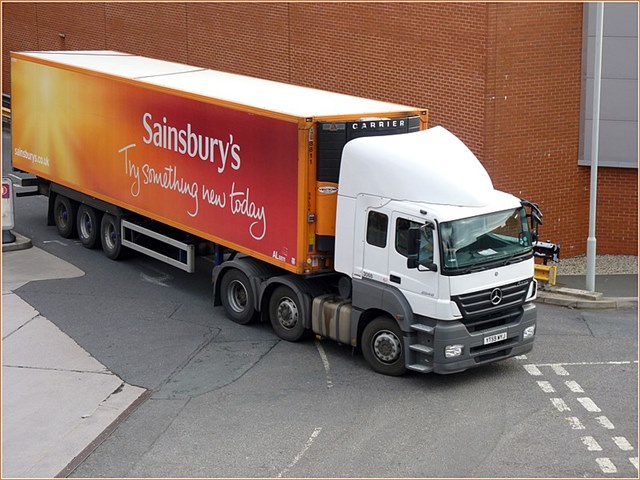Does a refrigeration trailer that is utilised to transport food goods between the clients depots and is then connected into the sites electrical supply through a trailer hook up connection unit to facilitate running of the refrigeration equipment classified as "Mobile or Transportable Unit" and therefore warrant the requirements of BS 7671 Section 717?
The trailer will maintain the connection to the sites power supply for a few hours to facilitate loading/unloading.


The regulations now adds further detail for PME installations, where it can only be permitted if one of the below applies:

Would part (ii) be a satisfactory measure in the above scenario for a PME supply?